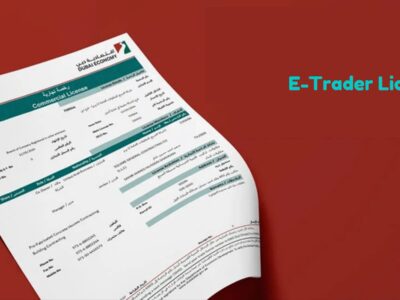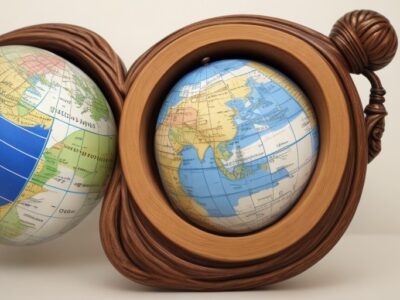International trade is regulated with different trade laws and tariffs. Countries set these to control the movement of goods across borders. Because international trade is complicated, a lot of companies prefer to outsource things. They make use of the servicescustoms brokers like Clearit USA customs consultingexperts. Customs brokers can only effectively do their job if they are familiar with the intricacies of the customs brokerage process.
Understanding Customs Brokerage
Customs brokers manage and supervise the import of goods on behalf of clients. This process is called customs brokerage. Customs brokers can be private individuals or business entities like associations, partnerships, or corporations. They need to possess a license issued by a relevant state body to offer brokerage services. A lot of brokers specialise in the clearance of specific categories of goods such as clothes, perishables, or big shipments. The majority of them live in major nodal points of traffic like international airports and ports. In general, customs brokers analyse shipping documentation to ensure compliance, prepare and electronically submit documents to government agencies, correct goods classification, excises, taxes, and duties, coordinate goods transportation, storage, and distribution, and more.
How Brokers Ensure Fast and Efficient Customs Brokerage Process
Customs brokers use effective strategies to make the brokerage process as efficient and fast as possible:
- They do things online. Customs brokers submit documents, monitor goods movement, manage customs paperwork, and stay current on the latest trends online. This is the fastest and most convenient way to complete the brokerage process.
- They do their research. Customs brokers do their homework to prevent issues from developing during importing. They get detailed information on the shipment, carry out a review of applicable applications, as well as make sure goods are properly classified and labelled.
- They determine the kind of import. Customs brokers check if the goods have special requirements or restrictions. For example, specific import licenses must be obtained for products like weapons, alcohol, animal products, some pharmaceuticals, and chemicals.
- They ensure complete documentation. Brokers know that fines, delays, and cargo damage can result from incomplete, inaccurate submission, and delayed submission. They make sure the paperwork includes a detailed description of goods, packing list, certificate of origin, verified tariff classification number, SKU number, and bill of lading.
- They identify and correct errors. Brokers identify any errors in the original entries to ensure compliance. They correct these errors and submit them to Customs on time.














Comments